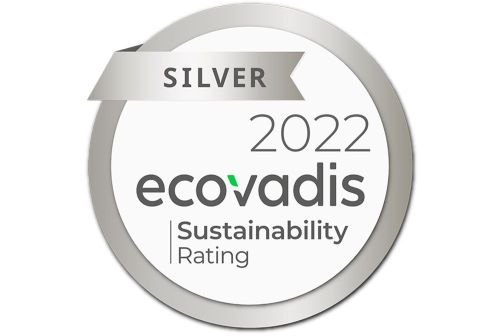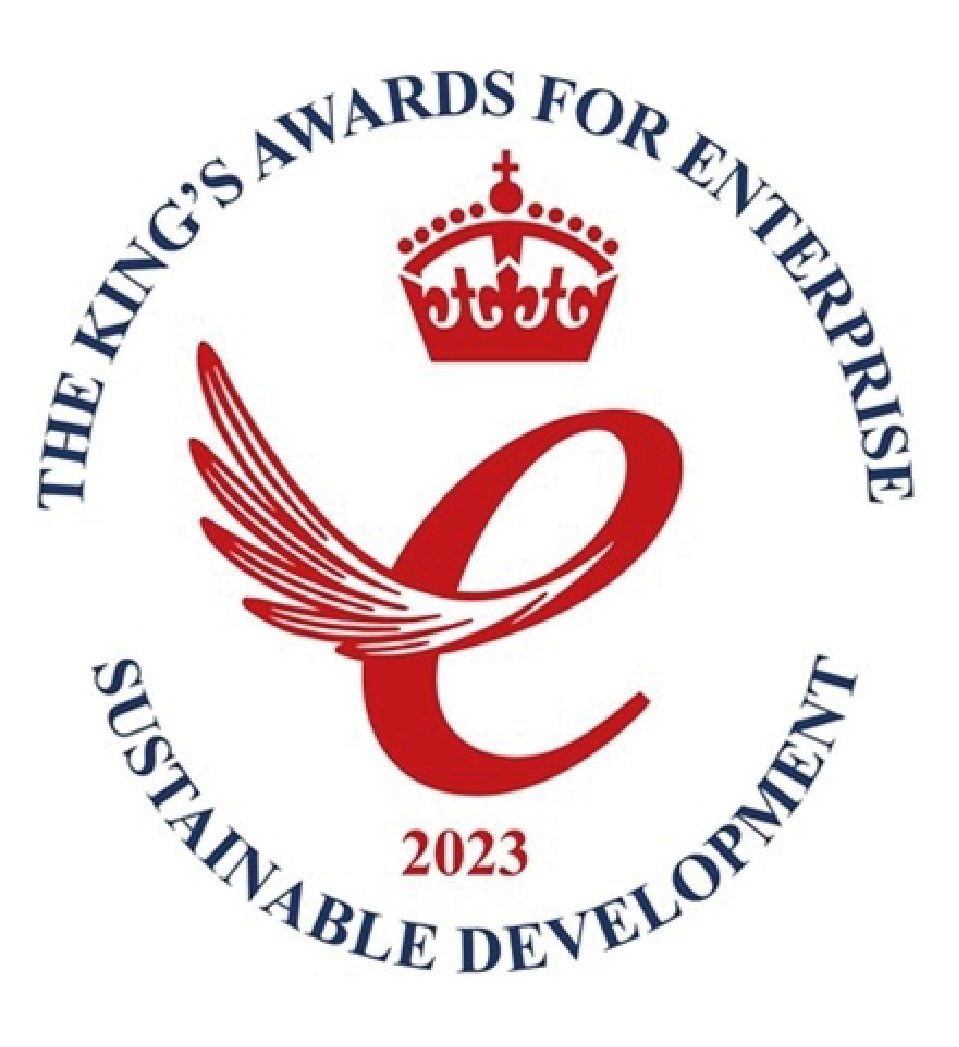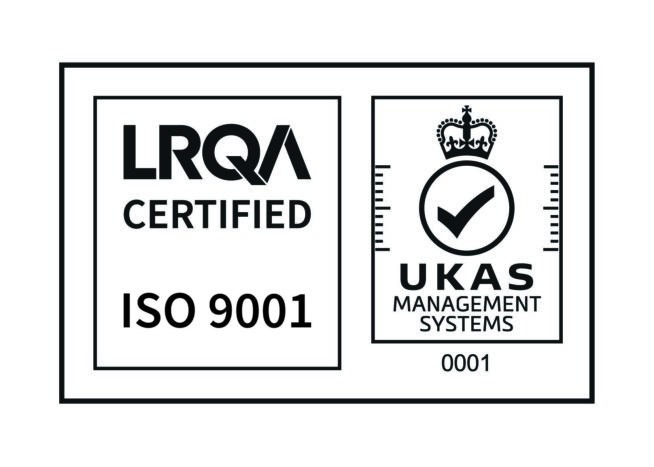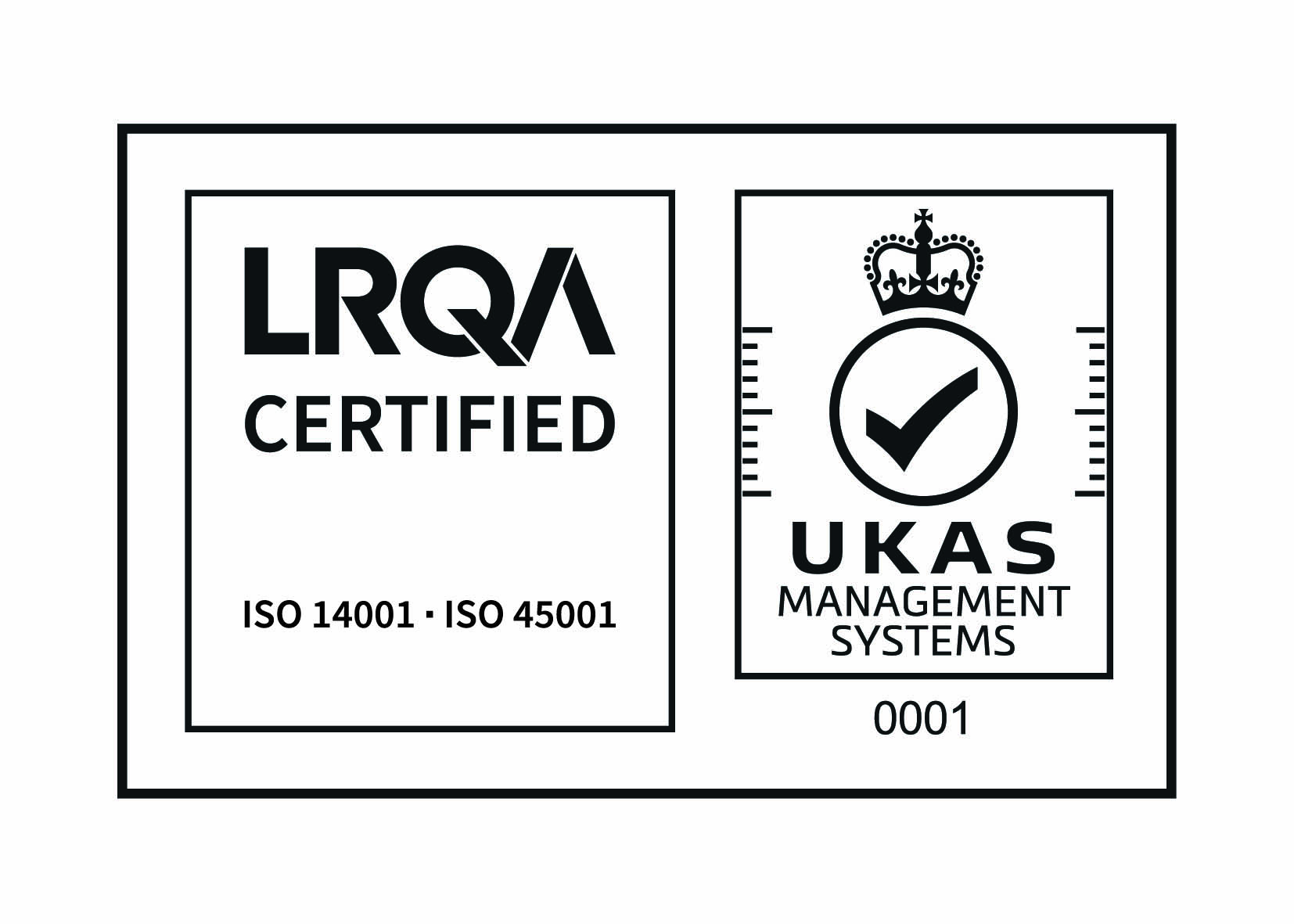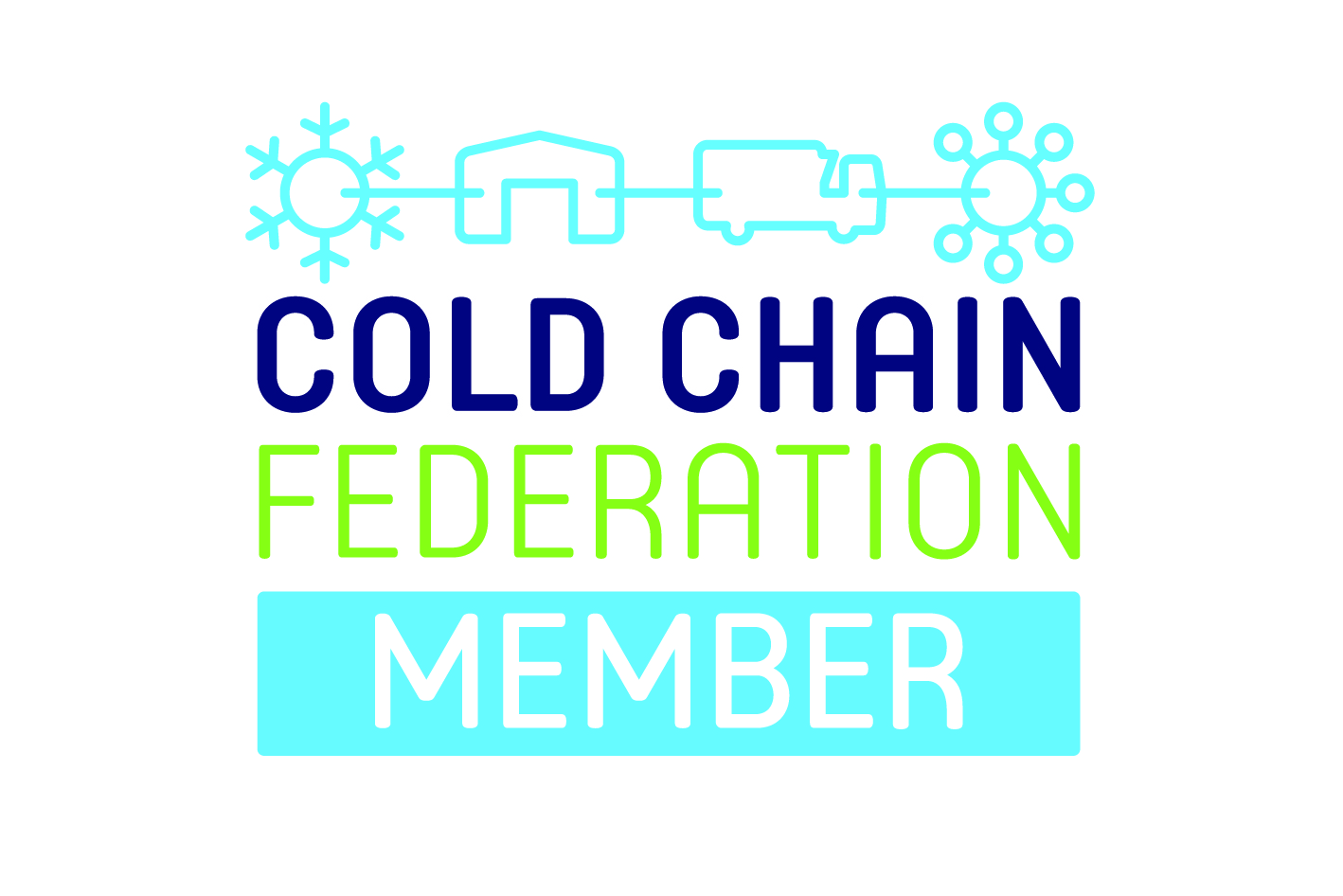Case Study: Innovating Catering Solutions for a Major British Airline
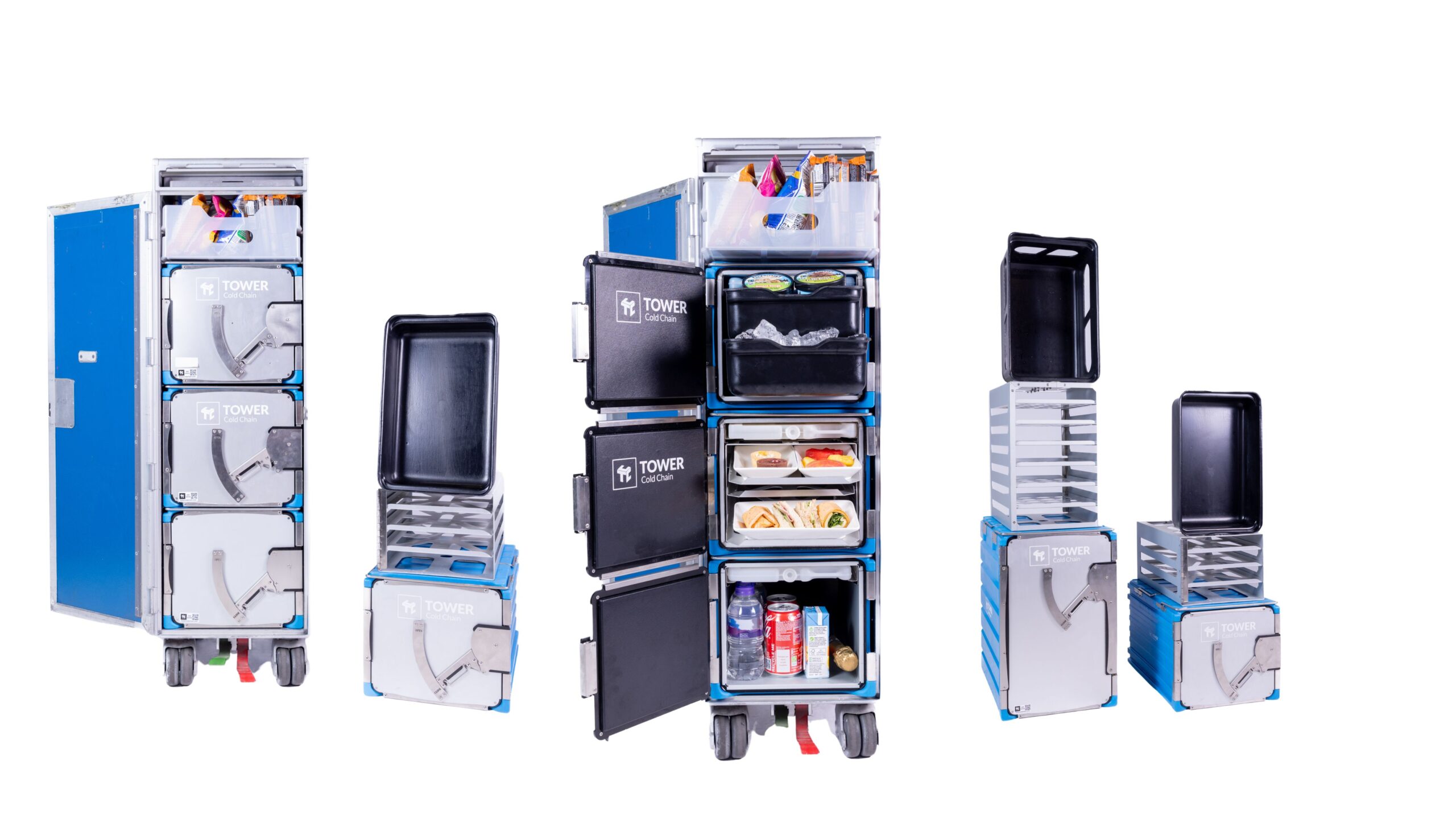
Background
A prominent British airline faced growing challenges related to food waste, product safety, and operational efficiency in its catering services. With a commitment to enhancing the passenger experience and optimising costs, the airline aimed to innovate its catering approach, transitioning to a buy-on-board system for multi-leg and night-stopping flights while maintaining brand consistency and standardising the food offering.
Objectives of Innovation
- Revolutionising Food Preservation: Develop a solution that ensures food safety and quality for over 24 hours while reducing waste to facilitate return catering.
- Streamlining Operations: Minimise the need for reloading food at multiple locations, simplifying catering logistics.
- Supporting Buy-on-Board: Enable the airline to adopt a buy-on-board system for longer multi-leg flights.
- Sustainable Practices: Introduce an environmentally friendly alternative to current food preservation methods, like dry ice
- Standardised food offering: Maintain brand consistency and food offering on multi-leg and night-stopping flights.
Challenges with Existing Methods
The airline’s existing catering solutions relied heavily on dry ice from when it leaves the catering station for up to 4 hours once on the flight, which posed several significant issues:
- Limited Freshness Duration: Traditional methods failed to keep food fresh for extended periods, resulting in increased food waste and operational inefficiencies.
- Health and Safety Risks: Dry ice presented health hazards for cabin crew necessitating a safer alternative.
- Complex Logistics: Frequent reloading at various airports catering stations complicated operations and increased costs, hampering overall efficiency and making it difficult to sustain food consistency and quality, especially for a buy-on-board system and night-stopping flights.
Innovative Customer-Driven Solution: Advanced Insulated Box (AIB)
Collaborative Design and Functionality
The Advanced Insulated Box (AIB) was developed as a groundbreaking solution specifically designed to meet the unique needs of the airline. This solution was the result of Customer-Driven Development, involving close collaboration between the airline, catering partners, and the development team at Tower. Given the absence of comparable solutions on the market, this collaboration was essential in crafting a solution that perfectly fits the airline’s needs. Key innovative features included:
- Extended Temperature Control: The AIB maintains fresh and frozen food temperatures at +5°C or -20°C for over 24 hours without external power or ice, ensuring food remains safe and fresh.
- Self-Sustaining Design: Operating without dry ice or human intervention, the AIB simplified catering logistics, allowing airlines to manage multi-leg flights efficiently.
- Compact and Efficient: Designed to fit within all galley and trolley standards (Atlas, KSSU and Ace), the AIB provided seamless integration into existing operations without requiring significant changes to onboard procedures.
Collaborative Development Process
The innovation was driven by a thorough and collaborative and customer-centric approach among all stakeholders:
- Stakeholder Workshops: Multiple workshops were conducted with the airline’s cabin crew, catering managers, and operational teams to identify pain points, operational constraints, and specific needs regarding food types, galley space, and onboard logistics.
- Joint Prototype Development: The Tower development team worked closely with both the airline and its catering partners to create prototypes of the AIB. This hands-on approach included testing, feedback sessions, and continuous improvements, ensuring that the final design aligned perfectly with user requirements as well as operational and food safety requirements.
- Training and Implementation: Comprehensive training programs were developed for catering partners across Europe, facilitated by the collaborative effort of the airline and Tower’s development team. This ensured effective adoption and ongoing support for the AIB.
Continuous Improvement and Further Innovation
After being utilised onboard for over five years, the airline collaborated with the development team to enhance the AIB’s product based on use case. This led to the development of a newer, lighter model designed to reduce costs even further. The new iteration of the AIB maintained the original’s innovative features while improving sustainability, efficiency and usability, demonstrating a commitment to ongoing innovation in airline catering.
Recognition and Awards
The innovation embodied by the AIB has not gone unnoticed; it has been highly commended at the Onboard Hospitality Awards. This recognition underscores the impact of the AIB on improving food safety, reducing waste, and enhancing the overall passenger experience. It has also now been adopted by the railway sector facing similar challenges.
Outcomes of the Innovative Approach
Food Safety and Quality Enhancement
- Prolonged Freshness: The AIB successfully kept food safe and fresh or frozen for over 24 hours, dramatically reducing food waste across the airline’s operations.
- Health and Safety Improvement: By eliminating dry ice, the AIB enhanced the safety of cabin crew, addressing critical health concerns.
Operational Efficiency and Cost Savings
- Catering Cost Reduction: The innovative AIB led to a reduction in the catering costs up to third by minimising the need for short-haul catering stations and reducing waste.
- Streamlined Logistics: The AIB facilitated direct deliveries from primary catering hubs, eliminating the need for reloading at multiple airports and simplifying logistics.
Brand Enhancement and Customer Experience
- Enabling Buy-on-Board: Thanks to the AIB’s ability to maintain food freshness for over 24 hours, the airline was able to successfully adopt a buy-on-board system for multi-leg flights. This expanded their ability to offer a wider range of fresh meals, drinks, ice cubes and snacks to passengers across longer journeys without compromising quality or safety.
- Consistent Quality: By maintaining a high standard of food quality, the AIB enhanced customer satisfaction, reinforcing the airline’s brand commitment to quality service.
- Flexible Menu Options: The ability to provide a wider range of catering choices allowed the airline to meet diverse passenger preferences while maintaining food consistency.
Sustainability Improvement
- Reduced Environmental Impact: By eliminating the need for dry ice and minimising food waste, the AIB contributed to the airline’s broader sustainability goals.
Conclusion
The Advanced Insulated Box (AIB) represents a transformative innovation in airline catering, driven by customer needs and delivered through close collaboration between the airline, caterers, and the development team at Tower. Designed to meet the airline’s specific requirements, the AIB enabled the successful adoption of a buy-on-board system, improved food safety, reduced waste, and streamlined catering operations—all while maintaining the airline’s brand promise of quality. Continuous product enhancements, including a lighter version of the AIB, further highlight the long-term value of this solution.
The AIB serves as a model of how Customer-Driven Development can lead to tailored, innovative solutions that address complex industry challenges. Through collaboration, operational excellence, and a commitment to sustainability, this solution has helped the airline revolutionise its catering practices while delivering a superior customer experience.
———–
Links to related content:
Tower Cold Chain Upgrades Products for Airline and Railway
Serveo’s Year of Enhanced Food Transportation | Tower Cold Chain

